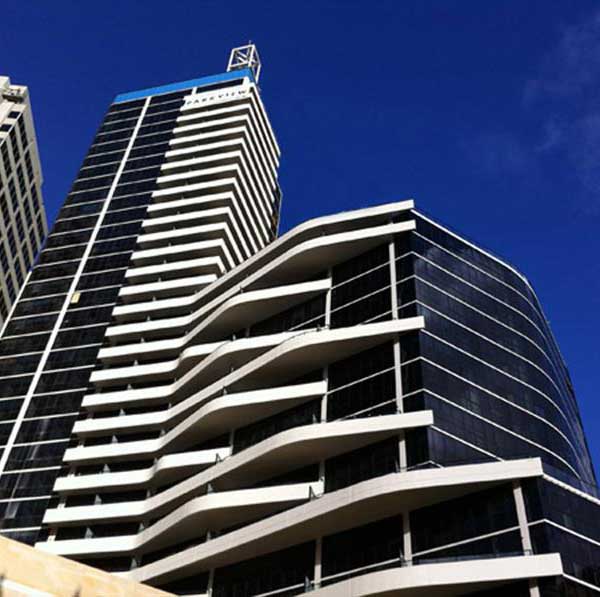What are Costs in the NSW Civil and Administrative Tribunal (NCAT)?
- Home
- What are Costs in the NSW Civil and Administrative Tribunal (NCAT)?

According to the New South Wales Civil and Administrative Tribunal (NCAT), the usual rule is that each party has to bear their own legal expenses, also called costs, to proceed with the case. The legal expenses incurred by each party include disbursements such as filing fees, experts fees, etc. However, there are certain limited circumstances where NCAT awards a party’s costs.
This article will run you through those NCAT circumstances and when they will apply.
First, let’s understand,

What is NCAT?
- The New South Wales Civil and Administrative Tribunal (NCAT) is a statutory tribunal service that deals with a range of legal matters including tenancy and building, consumer claims, strata, home building disputes and guardianship.
- NCAT hears and decides civil cases. NCAT is designed to offer self-represented and legally represented parties a fast, low cost, and accessible system for resolving the mentioned legal matter.
- NCAT encourages the parties to negotiate an agreement in the dispute or make any necessary legally enforceable decision in case both parties fail to reach an agreement.
The four main divisions of NCAT that deal with different types of issues are:
- Administrative and Equal Opportunity Division
- Consumer and Commercial Division
- Guardianship Division
- Occupational Division
If you know which NCAT division applies to your legal matter, visit the NCAT website and directly download the relevant application form.
[wpforms id=”2523″]
When Are Costs Awarded in NCAT (Consumer and Commercial Division)?
Before looking at the circumstances when NCAT may award a party their costs, it is crucial to understand what are the types of costs that a party can claim. According to NCAT, each party’s cost is legal expenses that include disbursements such as filing fees, expert fees, printing costs, or other legal services.
Special Circumstances
According to the Civil and Administrative Tribunal Act 2013 (NSW) (NCAT Act), each party must pay their own costs, except if the Tribunal concludes that there are special circumstances. There are several factors that the NCAT may take into consideration when deciding whether any special circumstances would warrant an award of costs.
To determine whether there are special circumstances, NCAT will check:
- Whether the party’s conduct of the case in the proceedings was disadvantaged or unreasonably prolonging to another party.
- Whether the legal proceedings were hopeless, frivolous, vexatious or misconceived.
- Whether the claims made by each of the parties are in fact or adheres to the law.
- Whether a party has refused or failed to cooperate with the tribunal.
- The nature and complexity of legal proceedings.
- Any other legal matter that the NCAT considers relevant.
Other Circumstances
According to the Civil and Administrative Tribunal Rules 2014 (NSW) (NCAT Rules), costs can be awarded to a party if the amount in dispute is:
- more than $30,000; or
- more than $10,000 but less than $30,000 and a party have caused the other party disadvantage.
Our building and strata dispute lawyers have expertise in this area of law. Our strata lawyers can assist in strata disputes and costs disputes.
Please call 02 8324 7565 to speak to our legal professionals or send your queries to enquiries@pobilawyers.com

Disclaimer: This is a commentary published by Pobi Lawyers for general information purposes only and should not be relied upon as specific legal advice. You should obtain your own legal advice specific to your circumstances before you take any action or otherwise rely upon the contents of this article. The content of this article is subject to change.




